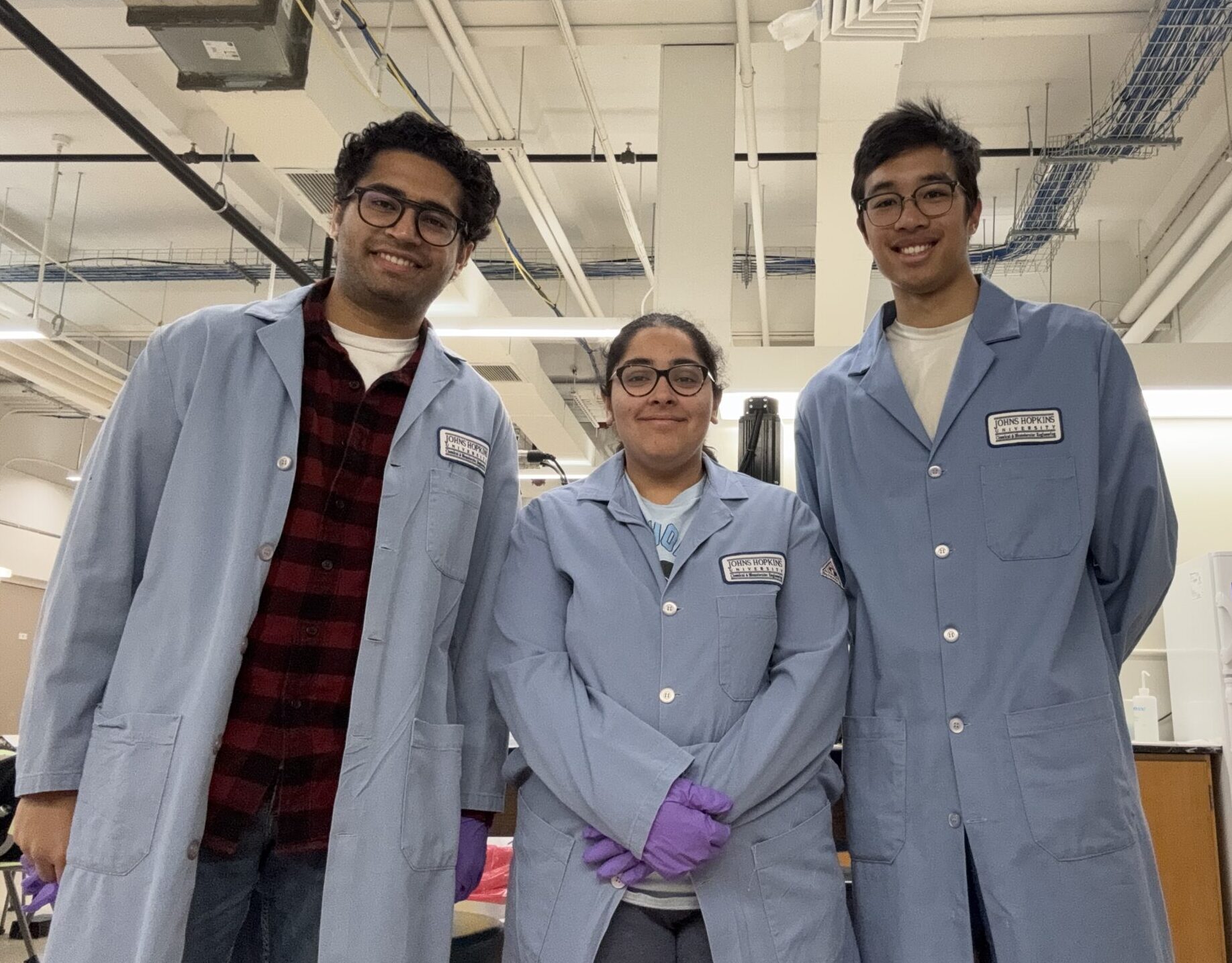Team Members: Julian Chow, Resham Talwar, Varen Talwar
Department: Chemical and Biomolecular Engineering
DnATA is a DNA-based data storage system that leverages the compactness and robustness of DNA to dramatically compress digital information for reliable and sustainable long-term archival storage.
DnATA is a DNA-based data storage platform designed to address the growing need for sustainable and durable data archiving. Our system uses a computational pipeline to convert digital files into DNA sequences, which are then stored and replicated inside bacterial cells. Leveraging natural bacterial replication reduces reliance on energy-intensive, short-lived conventional storage devices. By combining principles from synthetic biology, DnATA explores a novel biological approach to long-term archival data storage. While still in early stages, our work demonstrates the feasibility of encoding, storing, and retrieving digital information from cells, thereby opening new possibilities for secure, low-maintenance archival solutions.

